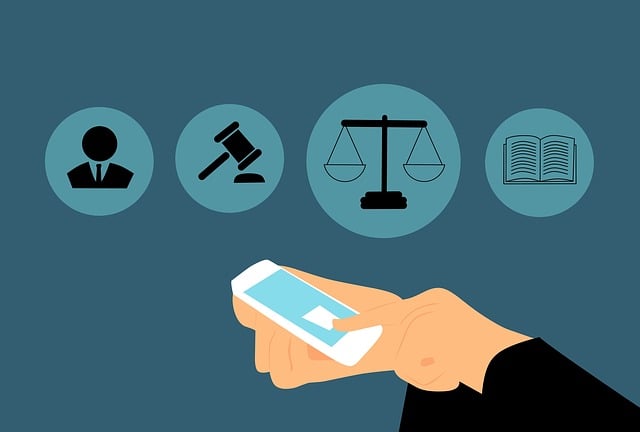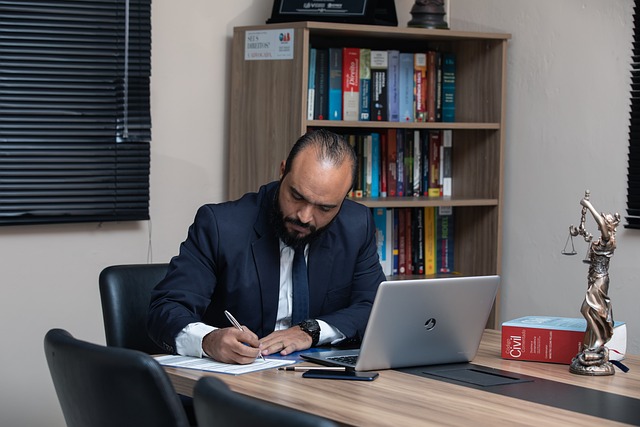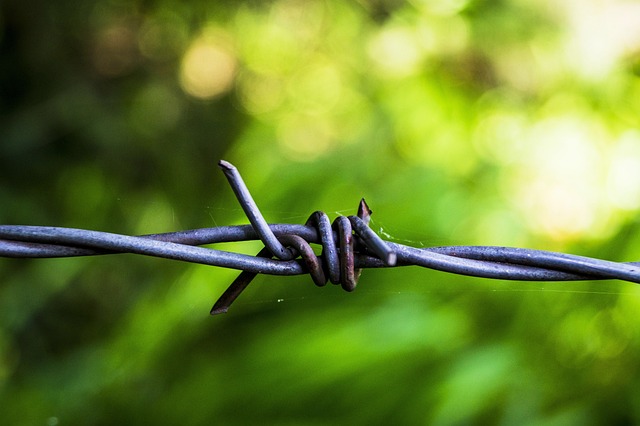Teen Driver Rehabilitation goes beyond physical healing, providing comprehensive emotional and psychological support for teens involved in motor vehicle accidents. Support groups create safe spaces for sharing experiences, developing coping mechanisms, and regaining security. Peer-to-peer connections foster belonging and understanding, aiding recovery challenges and rebuilding lives. Group therapy offers tailored benefits through peer-led sessions, encouraging openness about struggles and teaching valuable insights. Safe spaces, open communication, and non-judgmental attitudes within support groups promote empathy, belonging, and resilience. Combined with individual therapy, personalized driving lessons, and at-home strategies, Teen Driver Rehabilitation helps teens navigate challenges while enhancing road safety skills.
“Support Groups for Teen Driver Rehabilitation: A Pathway to Recovery and Resilience
In addressing the unique challenges of teen driver rehabilitation, support groups emerge as a powerful tool. This article explores the critical role these groups play in fostering youth recovery and rebuilding confidence after vehicular incidents. We delve into the benefits of group therapy, offering insights on creating safe, facilitative environments. Additionally, we provide essential resources for parents and caregivers, guiding them in supporting their teen’s journey towards healing and responsible driving.”
- Understanding Teen Driver Rehabilitation: The Need for Support
- Benefits of Group Therapy in Recovery for Teens
- Creating a Safe Space: Facilitating Effective Support Groups
- Resources and Strategies for Parents and Caregivers
Understanding Teen Driver Rehabilitation: The Need for Support

For teens involved in motor vehicle accidents, the journey towards recovery involves more than just physical healing; it’s a complex process that requires emotional and psychological support. This is where Teen Driver Rehabilitation steps in as a vital component of their overall wellness. Beyond addressing physical injuries, this specialized program aims to help young individuals process trauma, develop coping mechanisms, and regain a sense of security after a life-altering event.
Support groups play a crucial role within the Teen Driver Rehabilitation framework. These safe spaces facilitate peer-to-peer connections, enabling teens to share their experiences, fears, and successes without judgment. Through group discussions, members gain valuable insights from one another, fostering a sense of belonging and understanding. This collective support is essential in helping them navigate the challenges of recovery and rebuild their lives on a firmer footing.
Benefits of Group Therapy in Recovery for Teens

Group therapy offers a unique and powerful support system for teens in recovery, providing numerous benefits tailored to their specific needs. In a peer-led environment, teenagers facing similar challenges can connect and relate, fostering a sense of belonging and understanding. This camaraderie can be incredibly empowering, encouraging openness and honesty about struggles with addiction or other issues.
One of the key advantages is the opportunity for teens to learn from one another’s experiences during Teen Driver Rehabilitation. Sharing stories and strategies in a safe group setting enables them to develop new coping mechanisms and gain valuable insights. Moreover, group therapy allows for social skills development, teaching teenagers how to interact healthily with peers, which can be instrumental in maintaining their recovery over time.
Creating a Safe Space: Facilitating Effective Support Groups
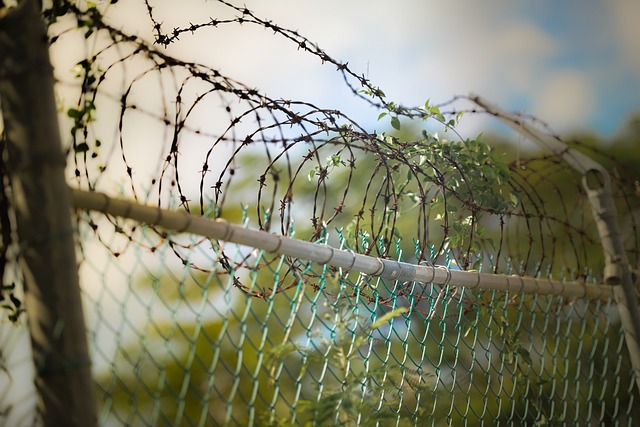
Creating a safe and supportive environment is paramount for effective teen driver rehabilitation through support groups. This involves establishing ground rules that encourage open communication, empathy, and non-judgmental attitudes among members. A secure space allows teenagers to share their experiences, fears, and successes related to driving, fostering a sense of belonging and understanding. Facilitators play a crucial role in maintaining this safety by actively listening, reflecting emotions, and ensuring every participant feels heard and valued.
In the context of Teen Driver Rehabilitation, support groups facilitate peer-to-peer learning, where teenagers learn from one another’s journeys. This dynamic promotes practical advice sharing, coping mechanism exchange, and the development of a supportive network that extends beyond group sessions. The collective experience within these groups can empower teens to navigate their recovery paths with enhanced confidence and resilience, ultimately contributing to improved driving skills and safety on the road.
Resources and Strategies for Parents and Caregivers
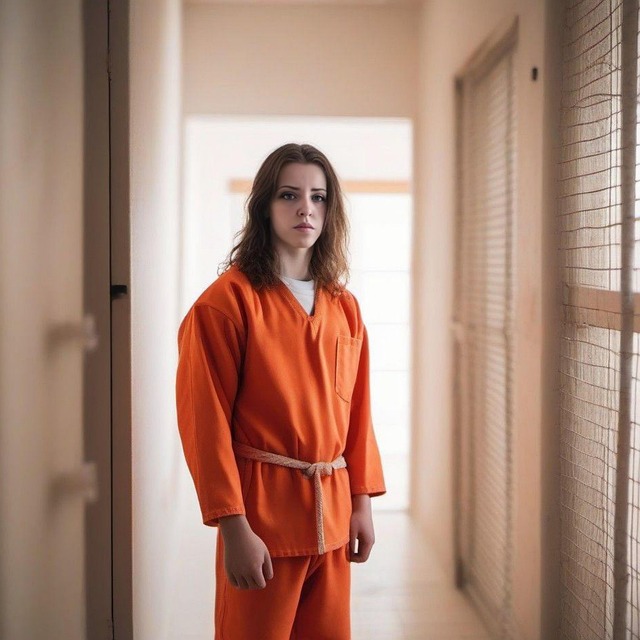
For parents and caregivers supporting teens through recovery, resources like specialized rehabilitation centers offering teen driver training can be invaluable. These programs focus on both healing and skill development, ensuring young individuals learn to navigate life’s challenges while gaining crucial driving abilities. Strategies implemented in these centers often include individual therapy, group support, and practical driving lessons tailored to each teen’s needs.
Incorporating at-home strategies complements professional care. Parents can foster a structured environment, setting clear rules and boundaries around driving and recovery. Regular family meetings, open communication, and encouraging participation in healthy activities outside of driving practice promote a supportive atmosphere. Local support groups for parents of recovering teens offer additional resources, providing a network of like-minded individuals who understand the unique challenges and triumphs of this journey.
Support groups play a pivotal role in the recovery process for teens, especially after engaging in risky behaviors like drunk driving. Incorporating group therapy into rehabilitation programs offers a safe and supportive environment where young individuals can share their experiences, gain insights from peers, and learn coping mechanisms. This article has explored the essential components of effective teen driver rehabilitation, emphasizing the power of community and connection in fostering positive change. By providing resources and strategies to parents and caregivers, we aim to empower them to navigate this journey alongside their teens, ultimately contributing to safer roads for everyone.

